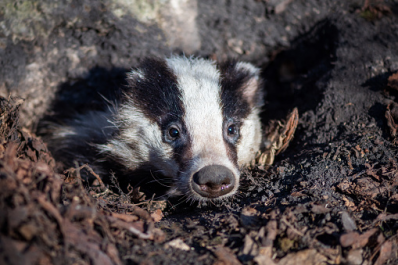Phrases and clauses: badger
The Grammar Bit!
Sentences are made from phrases and clauses.
A clause (bold) is a group of words that typically contains a subject (the ‘doer’ of the action) and a verb (the action). e.g. ‘The badgers feasted on worms.’ When a clause expresses a complete thought like this, it can act as a sentence on its own. This type of clause is called a main clause.
A phrase (underlined) is a small group of words that forms part of a clause. Because it doesn’t contain both a subject and a verb, it cannot act as a sentence on its own. Phrases are often the parts of a sentence that add extra detail, making it more descriptive for the reader, e.g. ‘some juicy worms’ or ‘in the forest.’
Scintillating Sentences
1A) (main clause) The badgers feasted on worms.
1B) (phrases) the secretive badgers, in the forest, some juicy worms
1C) (sentence) In the forest, the secretive badgers feasted on some juicy worms.
2A) (main clause) The cubs were playfighting.
2B) (phrases) in the evening light, the fun-loving cubs, near the sett entrance
2C) (sentence) In the evening light, the fun-loving cubs were playfighting near the sett entrance.

Did you know?
Badgers love to get cozy in their underground homes. They change their bedding daily, disposing of old leaves and bringing in fresh bundles. They love keeping their homes clean. Going to the toilet inside the sett is strictly forbidden!

 Sign in
Sign in